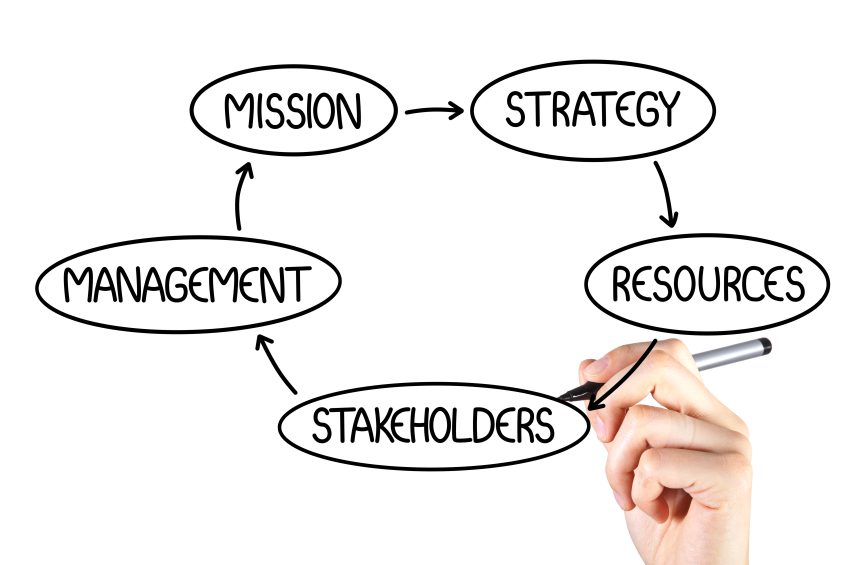External Stakeholder Audits Hold the Key
RMKA has recently completed external stakeholder audits for two substantial community organisations.
In both cases, the studies turned up a rich lode of usable information.
External stakeholder audits involve finding out what the people you deal with think of you. It’s a gutsy initiative but an essential one in the interests of organisational improvement – particularly in meeting stakeholder expectations.
The audit begins with the consultancy and client organisation agreeing on information objectives: What do we need to know? The client then produces a list of potential interviewees whose opinions the organisation would like to plumb. Frequently, the consultancy will have input into the list, but most of that information needs to come from the client.
The consultancy then drafts a personalised letter that the client sends to the potential interviewees seeking their participation.
In our experience, it is rare for people to refuse to participate, even though we are typically dealing at very senior levels.
The consultancy then organises and conducts one-on-one interviews with the participants.
Once interviews have been completed, the consultancy prepares a report that summarises the findings of the interviews and provides a set of concrete recommendations for follow-up action by the client. The exercise normally takes two-three months to complete – largely because of the difficulty we have in pinning down senior people to commit to interview times. The interviews typically run for about 45 minutes.
We don’t filter or soften messages and interviewees are inevitably candid and expansive once they get into the swing of the interview. This means the report can be quite confronting.
The study is biased in that we are deliberately looking for problems because it is the problems that give an organisation a platform for improvement.
But despite being assailed by a flurry of negative messages, client organisations inevitably take the messages on board and follow through with actions to remedy the problems. The organisations are well prepared for negative comment: they made the hard decision when they commissioned the study.
ICG consultants are always invited to present the findings and recommendations to senior executive teams and often to Boards of Directors.
External stakeholder audits are a valuable tool for business improvement. They should be an essential planning device for all large organisations.












Leave a Reply
Want to join the discussion?Feel free to contribute!